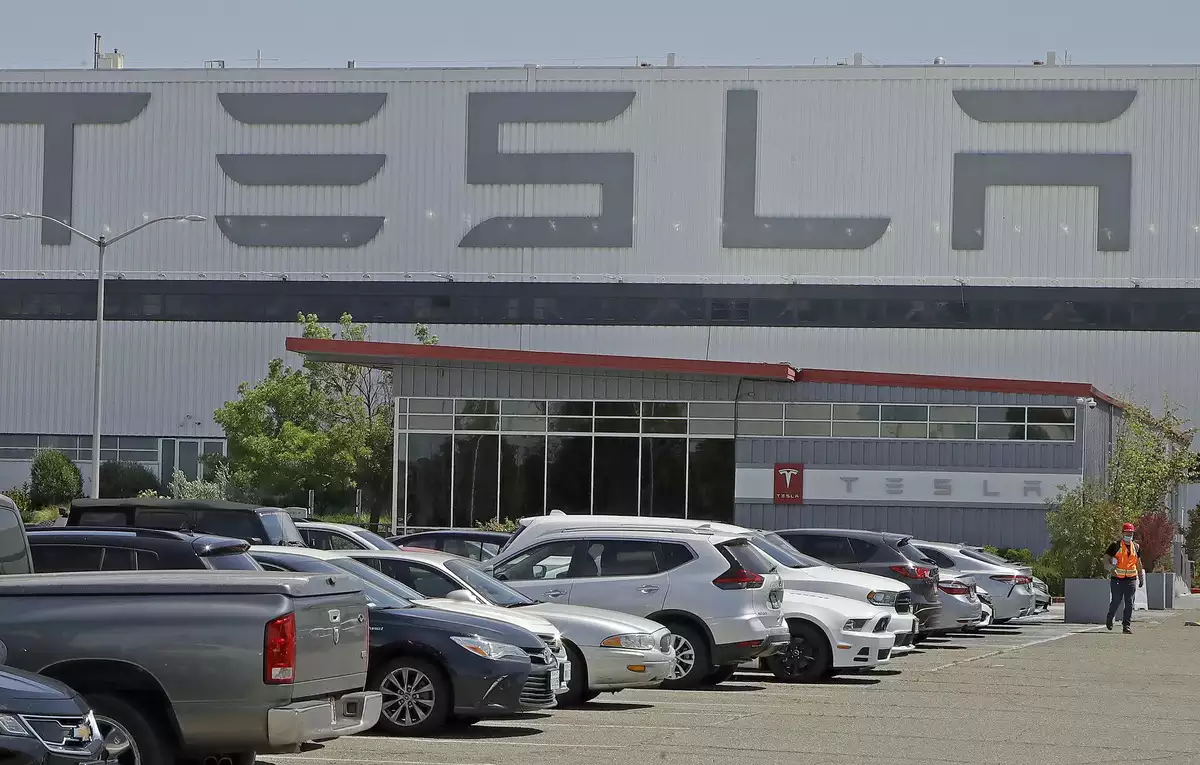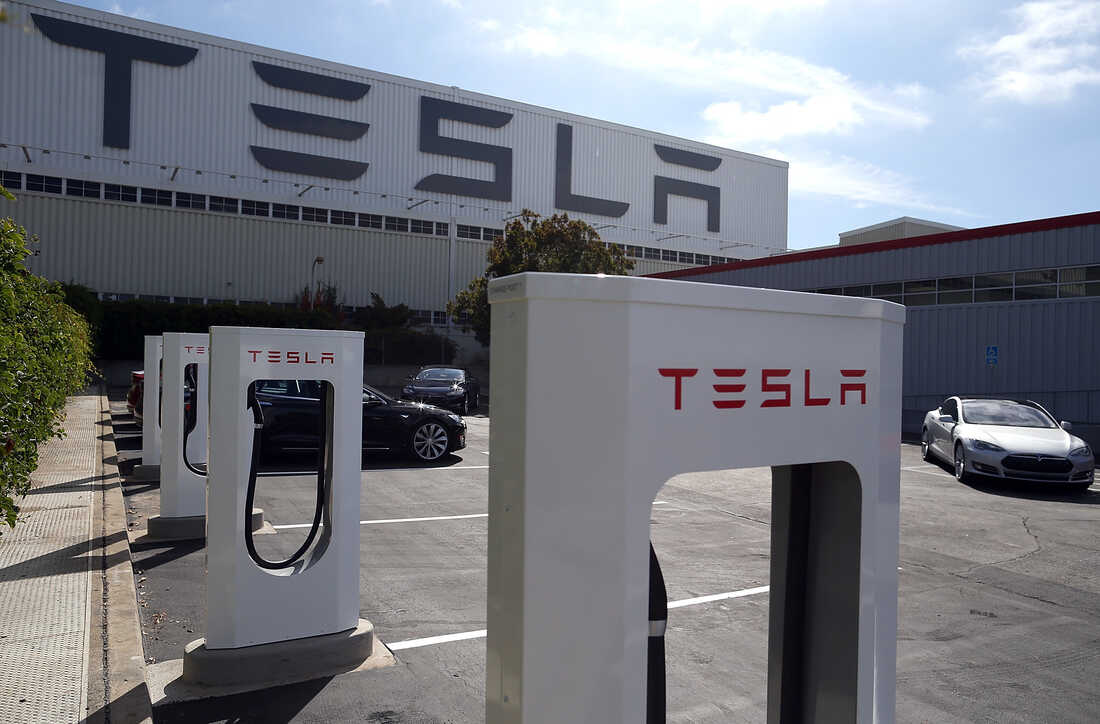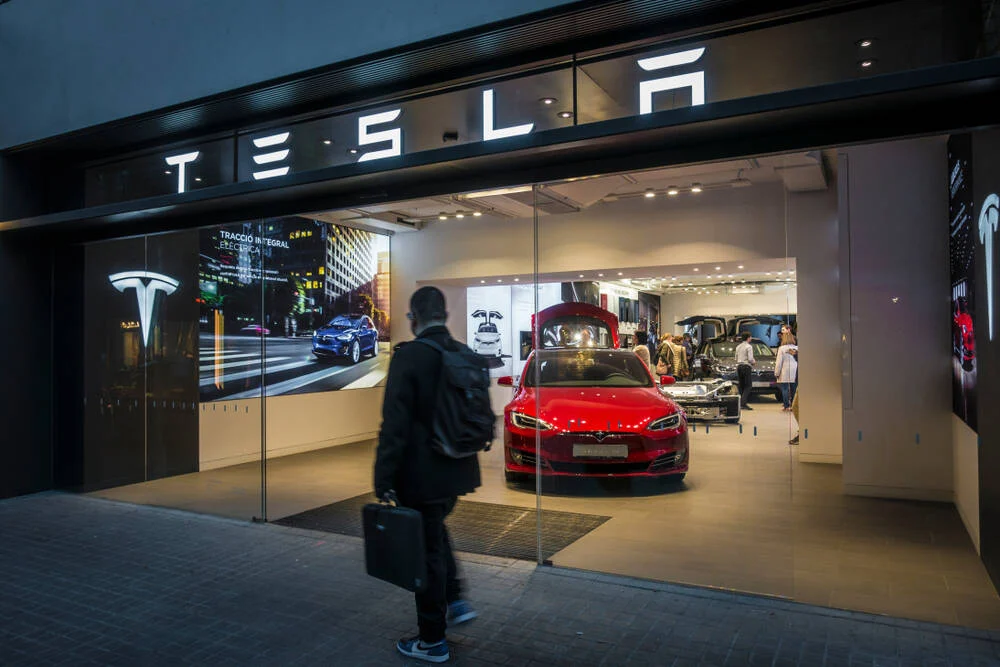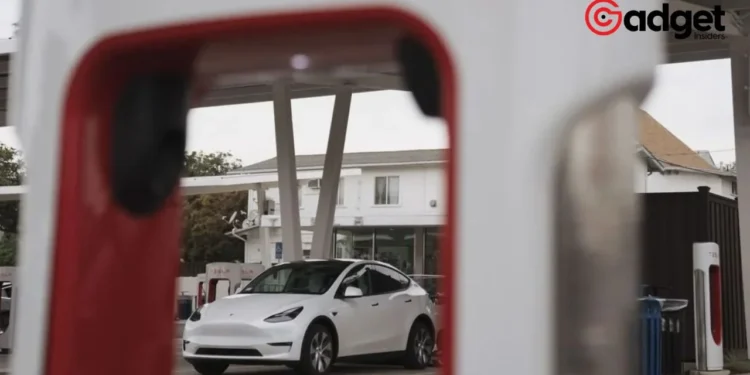In a landmark decision that reverberates through the corridors of corporate America, Tesla, the pioneering electric vehicle manufacturer, finds itself at the forefront of a significant legal battle. A California Superior Court has paved the way for nearly 6,000 Black workers to collectively challenge the automotive giant over claims of pervasive race discrimination and harassment at its Fremont factory.
This move underscores a critical juncture in the ongoing discourse surrounding racial equality and workplace ethics within the tech and automotive sectors.
The Heart of the Matter
At the heart of this legal confrontation is the allegation that Tesla’s management turned a blind eye to systemic racial misconduct within its Fremont plant. Marcus Vaughn, a former assembly line worker who initiated this lawsuit back in 2017, brings to light the grave accusations against Tesla.
Vaughn’s experiences, echoed by thousands of Black employees, paint a distressing picture of racial slurs, derogatory graffiti, and even nooses displayed at workstations—symbolic acts of intimidation and racism that have no place in any work environment.

Tesla’s Response and Legal Stance
Tesla’s silence in the immediate aftermath of the judge’s preliminary ruling is palpable. The company, renowned for its innovation in electric vehicles and sustainable energy, has previously asserted its zero-tolerance policy towards workplace harassment.
The EV giant claims to have taken decisive action against employees found guilty of racial harassment, emphasizing its commitment to a harassment-free workplace. However, the unfolding legal drama suggests a disconnect between the company’s stated policies and the lived experiences of its Black workforce.

The Legal Landscape and What Lies Ahead
The decision by Judge Noel Wise to allow this class action to proceed is not just a procedural step; it’s a monumental shift that could have far-reaching implications for Tesla. With a trial scheduled for October, Tesla faces a daunting legal challenge that could culminate in a multimillion-dollar judgment against it.
This lawsuit, coupled with similar claims being adjudicated in federal court and a separate case involving a $3.2 million jury verdict awarded to another Black employee, places Tesla in an unenviable spotlight of scrutiny.
Tesla must face race bias class action by 6,000 Black US workers https://t.co/7FdrLAgw3i pic.twitter.com/HyCcSLqDUR
— Reuters U.S. News (@ReutersUS) February 29, 2024
The Bigger Picture: A Call for Corporate Accountability
This legal battle transcends Tesla and touches upon broader themes of racial justice, corporate accountability, and the responsibility of tech giants to foster inclusive and discrimination-free workplaces.
It highlights the urgent need for systemic change within corporate cultures, where allegations of discrimination are addressed not with silence or dismissal but with transparency, accountability, and a genuine commitment to equity.

As this case unfolds, it will undoubtedly serve as a litmus test for the tech industry’s willingness to confront and rectify deep-seated issues of racial bias and discrimination. The eyes of the world are now on Tesla, awaiting its next move in a saga that is about much more than just one company—it’s about the principles of justice, equity, and respect in the modern workplace.










